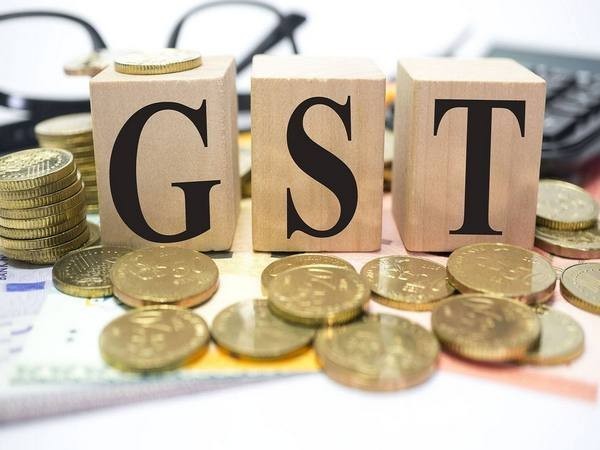The Goods and Services Tax (GST) collections in July amounted to Rs 182,075 crore, marking a 10.3 per cent increase from the previous year. This rise in collections is a positive sign for India’s economy, showcasing strong domestic consumption and import activity. In the fiscal year 2023-24, the total gross GST collection reached Rs 20.18 lakh crore, reflecting an 11.7 per cent growth from the previous year. The average monthly collection for the fiscal year was Rs 1.68 lakh crore, exceeding the previous year’s average of Rs 1.5 lakh crore. This upward trend in GST collections indicates the country’s resilience amidst global uncertainties and supports its fiscal health and economic recovery efforts.
The implementation of the Goods and Services Tax in India on July 1, 2017, simplified compliance and reduced the cascading impact of tax. The previous fragmented indirect tax regime was replaced by a more streamlined system. Consumers have benefitted from the GST regime as GST rates on key items like hair oil, toothpaste, soap, and electronics have been slashed substantially or zero-rated. A recent study by the Finance Ministry revealed that consumers now save at least four per cent of their household monthly expenses collectively after the implementation of GST. This has resulted in lower expenses on daily consumables such as cereals, edible oils, sugar, sweets, and snacks.
The GST collections in 2024 have been on an upward trajectory with record high collections in April. In the months of May and June, the collections remained strong at Rs 1.73 lakh crore and Rs 1.74 lakh crore, respectively. So far in 2024, the total GST collection has reached Rs 7.38 lakh crore, a 10.2 per cent increase from the previous year. The consistent growth in GST collections is a positive indicator of the country’s economic recovery and highlights the resilience of India’s economy in the face of global challenges.
The Goods and Services Tax (GST) Council, comprised of the Union Finance Minister as Chairman and Finance Ministers of all States as members, has been instrumental in navigating the complexities of the GST system and ensuring its smooth implementation. The GST (Compensation to States) Act, 2017, provided states with assurance of compensation for any revenue loss arising from the GST implementation for five years. The GST regime has proven to be a significant improvement over the previous archaic taxation system, streamlining tax processes and reducing the burden on consumers and businesses alike.
Overall, the recent surge in GST collections in India is a positive development for the country’s economy, demonstrating strong domestic consumption and import activity. The simplified and streamlined GST regime has benefited consumers and businesses, reducing tax complexities and overall expenses. The consistent growth in GST collections reflects India’s resilience in the face of global uncertainties and supports the country’s economic recovery efforts. The GST Council continues to play a key role in ensuring the efficient functioning of the GST system and fostering economic growth in the country.










